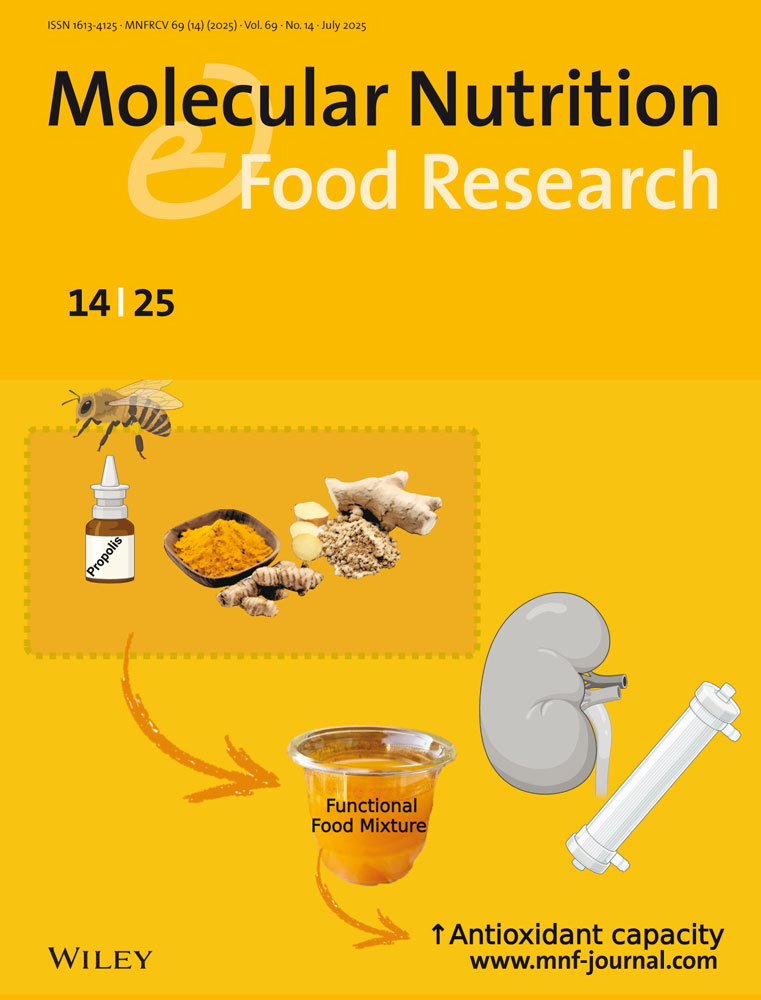Proteinmodifizierung mittels Schwingmahlung
Abstract
deEs wird der Einfluß der physikalischen Modifizierung (Schwingmahlung bzw. Mechanolyse) auf die molekularen und physiko-chemischen Eigenschaften von Ackerbohnen- und Sojaproteinen und von Eiklarpulver untersucht. Die Ergebnisse der kurzzeitigen Behandlung bis zu 5 min Mechanolyse deuten bei Eiklar und Sojaprotein auf eine Molekülentfaltung mit einer geringen Erhöhung der Verschäumungskapazität hin. Mit Verlängerung der Mahldauer treten Veränderungen auf, die auf gleichzeitige Dissoziations- und Assoziationsvorgänge schließen lassen. In Abhängigkeit von der Bindungsart der Assoziate lassen sich beim Pflanzenprotein bestimmte Grenzbereiche hinsichtlich Wasserbinde- und Quellvermögen einstellen. Während bei den Pflanzenproteinen die Mechanolysedauer bis zu 30 h auch zur Verbesserung der Verschäumungseigenschaften führt, werden beim Eiklar unter diesen Bedingungen derartige Effekte nicht erzielt (starke Denaturierung). Es wird angenommen, daß während der Mechanolyse auftretende chemische Veränderungen bei den anwesenden Lipiden ebenfalls die Proteinassoziation begünstigen.
Abstract
enProtein modification by vibration milling
The influence of physical modification (vibration milling or mechanolysis) on some of the molecular and physico-chemical properties of faba bean- and soy proteins as well as of dried egg white proteins was investigated. The results of a short treatment (till 5 min) show a possible molecule unfolding with slightly improved foaming properties for egg- and soy proteins. An increase in the duration of milling to 30 h leads to two parallel processes of dissociation and association. Depending on the kind and degree of association of the plant proteins it is possible to define conditions necessary to produce samples with different water binding capacity and swelling properties. The foaming of plant proteins can also be improved within 30 h treatment. Such effects were not observed for egg white proteins under the used conditions due to strong denaturation. It is assumed that the present chemically changed lipid components may also contribute to the protein association.




